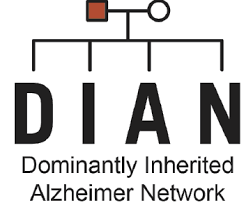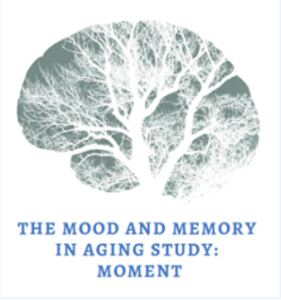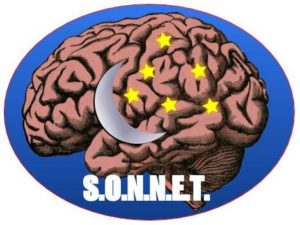Affiliated Studies

Information about HABS-affiliated studies including ARMADA, AWARE, MOMENT, and SONNET
ARMADA
Advancing Reliable Measurement in Alzheimer’s Disease and cognitive Aging (ARMADA)
The Advancing Reliable Measurement in Alzheimer’s Disease and cognitive Aging (ARMADA) Study is a two-year observational study including cognitive, motor, emotion, and sensation testing. This study has nine sites across the country. We hope to be able to further validate a software called the NIH Toolbox, used to assess cognitive function in the country’s aging […]
AWARE
The Memory Awareness Study
In this research study we want to learn more about the brain regions that support the ability to accurately assess one’s own memory performance in normal aging and brain disease, such as mild cognitive impairment or Alzheimer’s disease. Disordered memory awareness of cognitive and behavioral deficits is a common symptom of Alzheimer’s disease that is […]
BRANCH
Boston Remote Assessment for Neurocognitive Health
There is a real need to capture very subtle changes in cognition over shorter periods of time to identify individuals at risk for Alzheimer’s disease earlier and track treatment effectiveness more quickly. We are in the process of developing the “Boston Remote Assessment for Neurocognitive Health-BRANCH” to do just that. BRANCH can be completed on […]
DIAN
Dominantly Inherited Alzheimer Network (DIAN)
The Dominantly Inherited Alzheimer Network (DIAN) Observational Study enables researchers around the world to monitor and identify changes in individuals who carry one of the gene mutations (Presenilin1, Presenilin2 or APP) known to cause dominantly inherited Alzheimer’s disease (DIAD). There is currently no treatment that can prevent or delay the progression of AD, and no […]
IADL
Instrumental Activity of Daily Living (IADL)
The Instrumental Activity of Daily Living (IADL) study is a 3-year observational study that is being carried out to determine whether newly developed automated telephone, smartphone, and computer-based tests of daily functioning that are completed in our office or remotely at home, can help doctors make an early diagnosis for Alzheimer’s disease and track early […]
LOCUST
Within the LOCUST study, we aim to identify brain changes that signal the earliest processes related to Alzheimer’s disease. Our focus is on the locus coeruleus (latin for blue spot), a tiny region in the brainstem, that accumulates tau proteins early in life. Tau is one of the pathological hallmarks of Alzheimer’s disease. The locus […]
MOMENT
The Mood and Memory in Aging Study
Increasing data suggest that older individuals with elevated beta-amyloid (Aβ) burden together with tau are at increased risk for cognitive decline over time, as is being studied in the Harvard Aging Brain Study. However, it is important to study this question in individuals with depressive disorder, who are otherwise not enrolled in the Harvard Aging […]
SCD
As individuals age, cognitive complaints become increasingly common and are often a reflection of the normal aging process. For a smaller subset of individuals, however, cognitive concerns may represent early changes due to Alzheimer’s disease. This study aims to investigate the pattern of cognitive concerns overtime that may help to predict risk of Alzheimer’s disease. […]
Schultz PET/MRI Study
Previous Alzheimer’s research has established a known relationship between the build-up of certain proteins in the brain and Alzheimer’s dementia. However, we still do not understand how these protein build-ups cause problems for normal brain function before symptoms arise. One idea is that the build-up of plaques in the brain form a protein called amyloid-beta. […]
SONNET
Sleep On Neural Networks in Brain Aging
Sleep has extraordinary effects on our brain and its ability to function. This study aims to investigate the relationship between sleep disruption and Alzheimer’s disease progression to better understand the role of sleep. A rich literature associates alterations in sleep – including decreased slow-wave sleep (SWS) and rapid eye movement (REM) sleep, increased circadian rhythm […]



